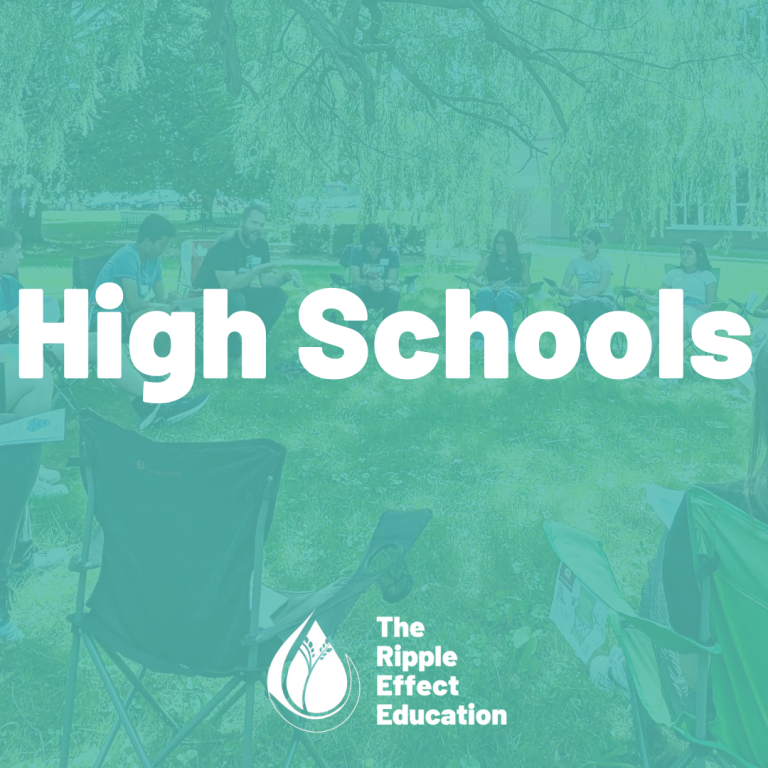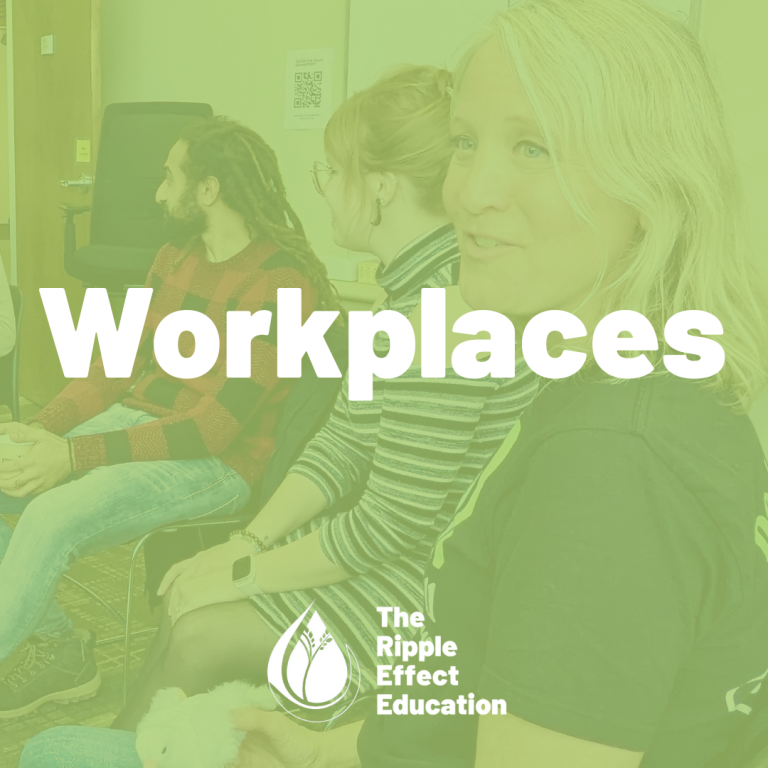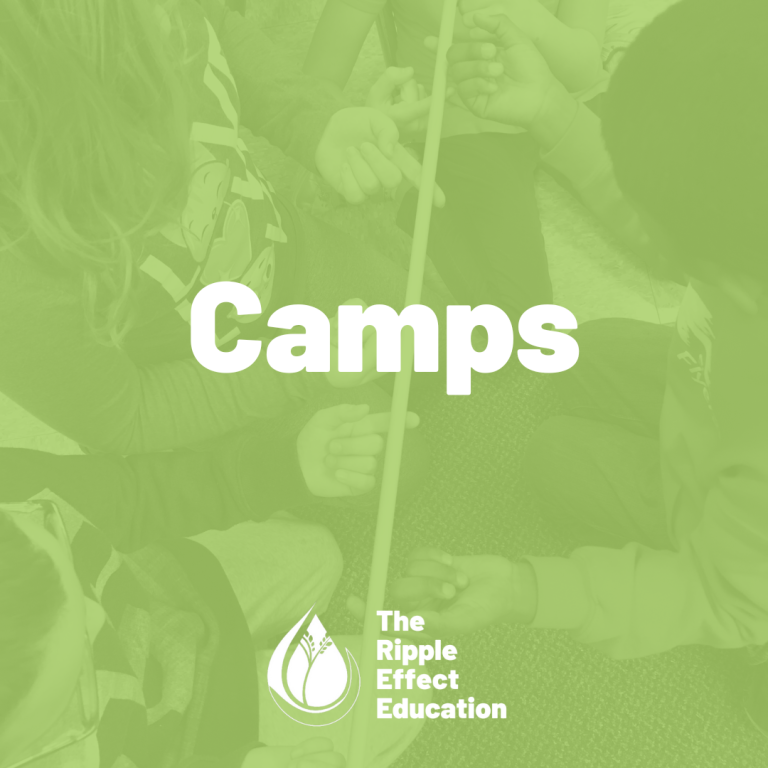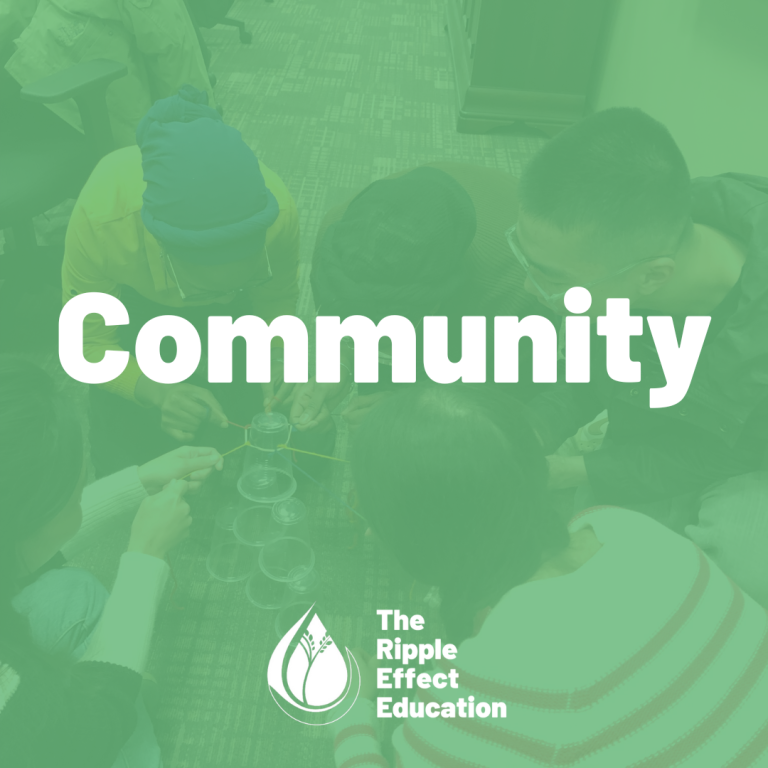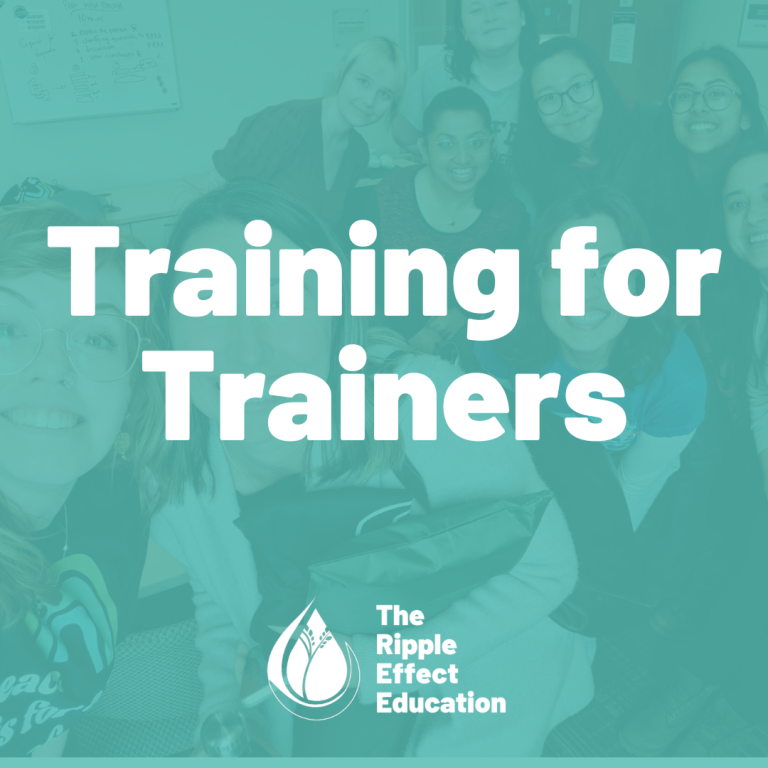To begin, I want to challenge you to think about what productivity means to you?
You may even go as far as to ask yourself, what it means to be successful in what you “produce” or can accomplish on a daily or weekly basis?
How has productivity been viewed in your life? Maybe in school, or what you can accomplish at work? I personally have found productivity to be praised in these places, and many of you may feel similarly.
We are often instructed that if we can just stay focused, lack procrastination, and simply pack as many things into our days as possible, we will feel productive. This can commonly result in having a hard time turning our minds off at night, or even more so when we try to take a real day off. Society has wired us to believe that if we are not doing something at the very moment, we should be looked down on. This is something I have grappled with finding the balance of for a long time. Life seems to be progressively busy for many, making it increasingly challenging to carve out time for ourselves.
The truth of the matter is that there will always be things that we can fill our day. There are always opportunities to say yes, but equally as many opportunities to say no. I was once reminded that when we are able to say no, we are able to be so much more confident in our yeses. It takes a lot of courage to say no to things – saying no to aspects of our lives that make us feel “productive”. However, what are the benefits attached to saying no? Alternatively, what are the long-term drawbacks to saying yes?
Amid the business life, it can be challenging to reflect and determine what aspects of life you need to say no to, or even remove altogether. As a result, caring for ourselves is commonly pushed to the bottom of the “list”, creating a greater likelihood of burnout and a negative cycle of unproductive productivity; when someone is no longer able to yield results during times of productivity. It is important to ask ourselves: where you need to ask for help, what responsibilities or tasks are putting you over the edge, and how is it impacting your life outside of being productive. Perhaps you could think about how you have let societal norms of productive nature take hold of your life. These are questions that can be reflected on during moments of care.
Throughout my time as a student, I have increasingly become aware of how much societal productivity puts down self-care which, ironically is what ultimately fuels productive nature. Taking the time to do what makes us feel truly alive can look like dedicating blocks of time in the day, or even an entire day of rest. It takes time to understand ourselves to better understand our personal rhythms and patterns of work and rest. Spending time getting to know ourselves and listening to our souls is crucial to understanding how we work and what we need to maintain a healthy life.
In a study completed by Guest et al., (2011), it is found that one of the two most prevalent factors of burn out is “the lack of institutional culture encouraging individuals to take leave and the lack of support for achieving physical fitness” (p. 1233). The academics reminds us that when we take the time to properly take care of ourselves, our full potential in productivity will exist and flourish.
Remember that self-care is something that looks different for everyone. In essence, it is an action that brings joy to your life, makes positive contributions to your mental, physical and emotional health and fills your cup.
Read our related blog posts:
References
Guest, R. S., Baser, R., Li, Y., Scardino, P. T., Brown, A. E., & Kissane, D. W. (2011). Cancer surgeons’ distress and well-being, I: The tension between a culture of productivity and the need for self-care. Annals of Surgical Oncology, 18(5), 1229-1235. doi:http://dx.doi.org/10.1245/s10434-011-1622-6
 Grace Jones (she/her) is a fourth year student at Wilfrid Laurier University with a double major in Global Studies (International Development) and Environmental Studies and an option in Social Entrepreneurship. Her love for social justice first blossomed during her year off when she participated in a gap year program where she travelled across Western Canada and Guatemala. Throughout her university undergrad, she has become passionate about developing skills of conflict resolution in her own life and is thrilled to combine her experience of working with children in camp and aquatic settings with her passion for social justice during her role at TREE. In her spare time, Grace loves rock climbing, eating good food, learning how to garden and being outside!
Grace Jones (she/her) is a fourth year student at Wilfrid Laurier University with a double major in Global Studies (International Development) and Environmental Studies and an option in Social Entrepreneurship. Her love for social justice first blossomed during her year off when she participated in a gap year program where she travelled across Western Canada and Guatemala. Throughout her university undergrad, she has become passionate about developing skills of conflict resolution in her own life and is thrilled to combine her experience of working with children in camp and aquatic settings with her passion for social justice during her role at TREE. In her spare time, Grace loves rock climbing, eating good food, learning how to garden and being outside!
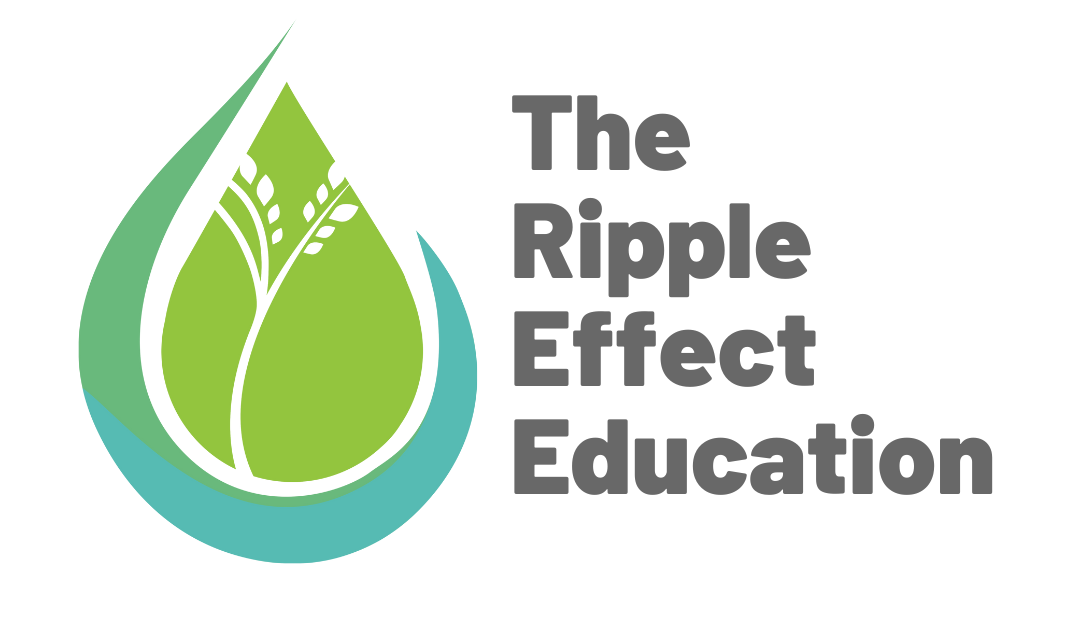
![[G.J] – Self Care and Productivity (1) [G.J] - Self Care and Productivity (1)](https://therippleeffecteducation.ca/wp-content/uploads/elementor/thumbs/G.J-Self-Care-and-Productivity-1-qes50z4806r3m4cvj9tpc9tm3bmzhu9m8augaqb0co.jpg)

